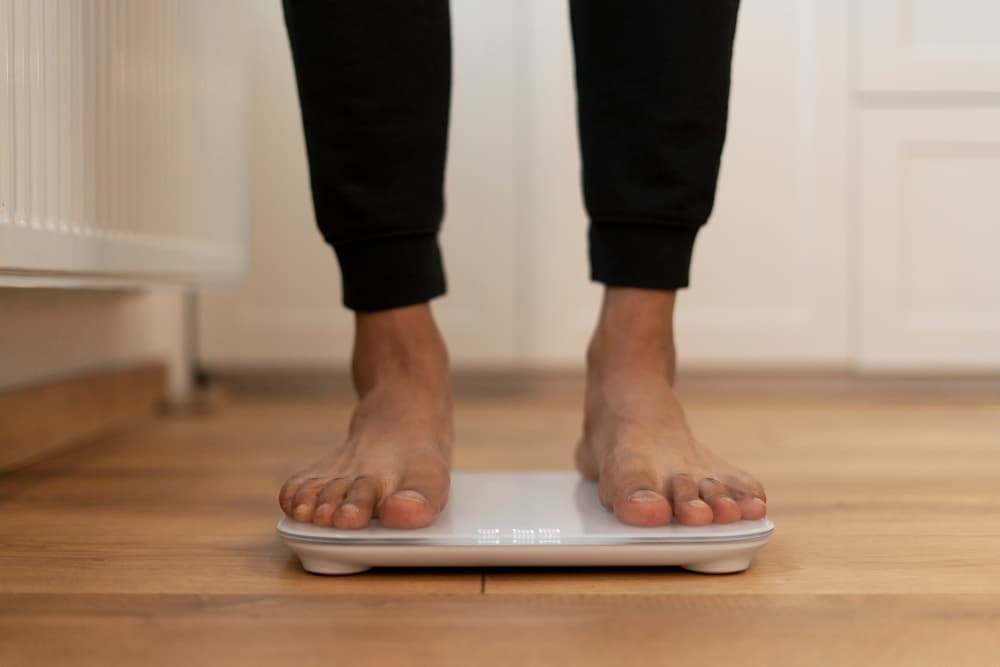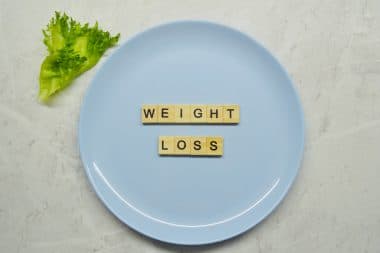If you’re currently overweight, losing weight could be a great way to improve your health, boost your energy, and even improve your self-confidence. Unfortunately, many people lose momentum in their journey to greater health because they experience a plateau – in other words, stagnating results.
Why do these plateaus happen? And what can you do to avoid and get past them?
The Value of Knowledge
Many people approach weight loss with an impulsive, cavalier attitude. They may understand that there are good foods and bad foods, or understand that exercise is a good thing, but they don’t understand the nuances of how weight loss actually works. Human weight, nutrition, and health are all very complex subjects that even our top scientists don’t fully understand.

Still, the more you know about these realms, the easier it will be to navigate the world of nutrition and succeed in achieving your weight loss goals.
That’s one reason why weight loss clinics are so helpful. Instead of reading dozens of textbooks or taking years of classes, you can instead work with professionals who are already experts in nutrition and weight loss. Whatever your goals are, they can help you achieve them – regardless of what plateaus you experience along the way.
What Is a Weight Loss Plateau?
A weight loss plateau occurs when your weight loss results begin to diminish after an extended period of positive momentum. For example, you might lose two pounds a week for a month or two, then maintain your weight for several weeks. Weight loss plateaus can happen even if you follow the exact same dietary and exercise regimen, leading many aspirational fitness mavericks to confusion and disappointment.

Weight loss plateaus can be demotivating and demoralizing, but the good news is they can also be overcome.
Common Reasons for Weight Loss Plateaus
These are some of the most common reasons why weight loss plateaus happen:
Diminishing Returns
Your body responds to the conditions you expose it to. If you live an unhealthy enough lifestyle, you could eventually balloon to 300 pounds or more. If you live a very healthy lifestyle, you could reach a healthier weight – let’s say 150 for the sake of this example. If you start at 300 pounds and you start living the lifestyle of someone who weighs 150 pounds, you’ll probably lose a lot of weight quickly.

But as you gradually approach that 150-pound mark, your weight loss increments may get smaller and smaller. If you reach 160, you may struggle to see any weight loss changes, since you’re so close to your goal.
Changes in Body Composition
Weight loss plateaus can also be attributed to changes in body composition. For example, once you reduce your calorie consumption and begin exercising more, your body may use up glycogen stores, resulting in an immediate loss of weight without necessarily an equally high loss in fat. Additionally, if you’re working out intensely, you’ll probably build muscle at the same time you’re losing glycogen and fat; because of this, weight stagnation or even weight gain could be signs of positive momentum for your fitness journey. Remember that weight is only a number.
Stress
If you’re pursuing lifestyle changes that are hard for you, such as resisting the temptation of junk food or exercising daily, you might feel more stressed than usual.

Excessive stress can lead to weight gain and other problematic lifestyle developments that can affect your weight, like a loss of sleep.
Loss of Motivation
Sometimes, the weight loss plateau is more affiliated with a loss of motivation.

If you start skipping days at the gym or getting fast food for the sake of convenience, it’s only natural that your weight will reflect these decisions.
How to Overcome a Weight Loss Plateau
How do you overcome a weight loss plateau?
Revisit your habits.
Carefully analyze your habits leading up to and during your weight loss plateau. Are you eating more than you think? Are you exercising less than you think? Have you deviated from your plan excessively?
Reduce your calorie consumption further.
Weight loss is somewhat complicated, but calories are easily the most important factor to consider. Your body can’t fabricate fat from nothing.

Sometimes, the right move is reducing your calorie consumption further, even if it’s only by a couple hundred calories.
Challenge yourself with more intense exercise.
You can burn more calories and build more muscles by challenging yourself with more intense exercise. At this point in your weight loss journey, you should have enough muscle mass and stamina to support this.
Get more incidental exercise.
If hard workouts aren’t your thing, try to incorporate more incidental exercise into your daily routine. Even simple activities like taking the stairs instead of the elevator or walking into a building from a distant parking space can increase calories burned.
Work with pros.
If you’re still having trouble breaking this weight loss plateau, consider hiring an expert or visiting a weight loss clinic. Sometimes, it’s hard to get a neutral perspective on your own habits without an outside expert looking in.

Weight loss plateaus can be challenging, but they aren’t insurmountable. Once you learn to recognize weight loss plateaus for what they are and work around them, you should be able to continue your momentum and eventually achieve your fitness goals.








Reply